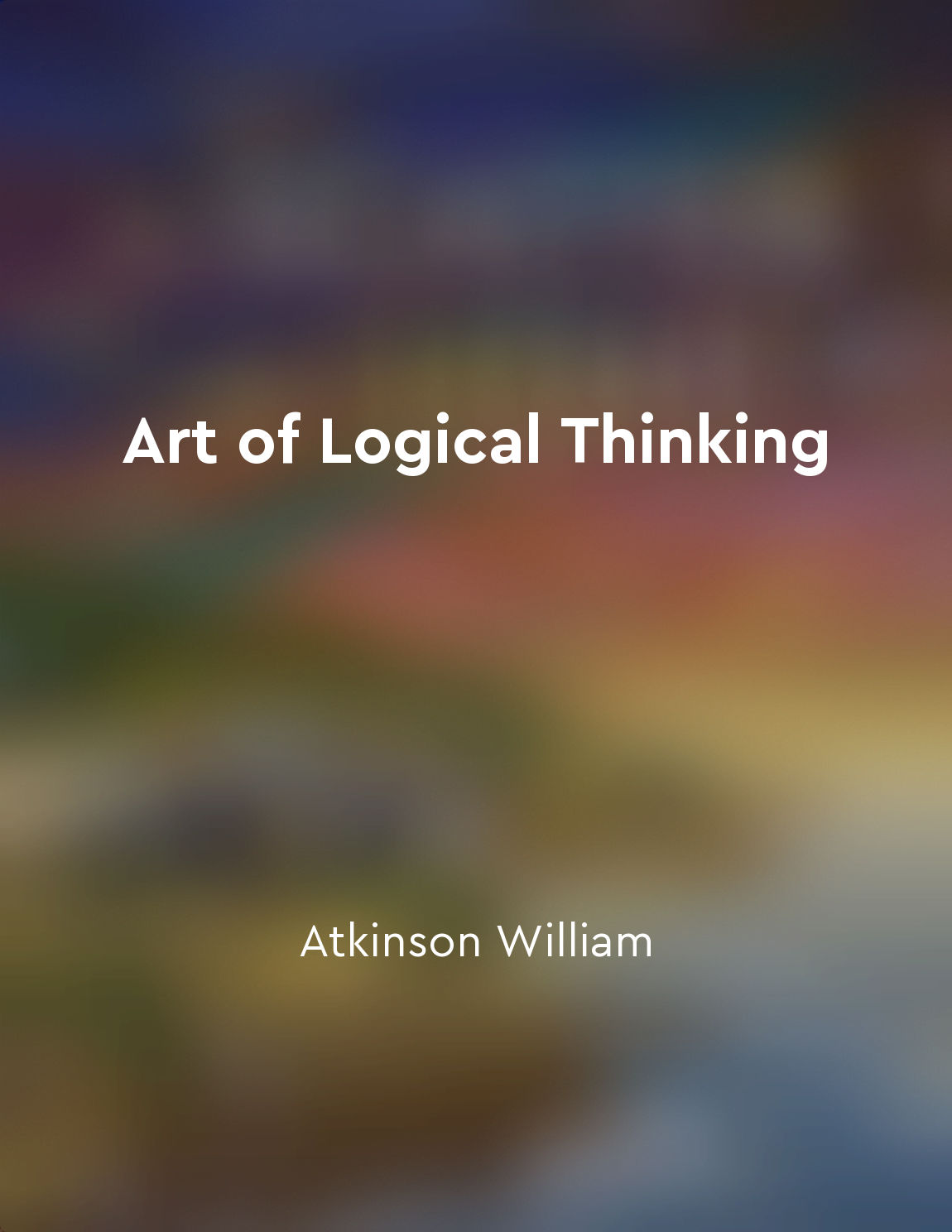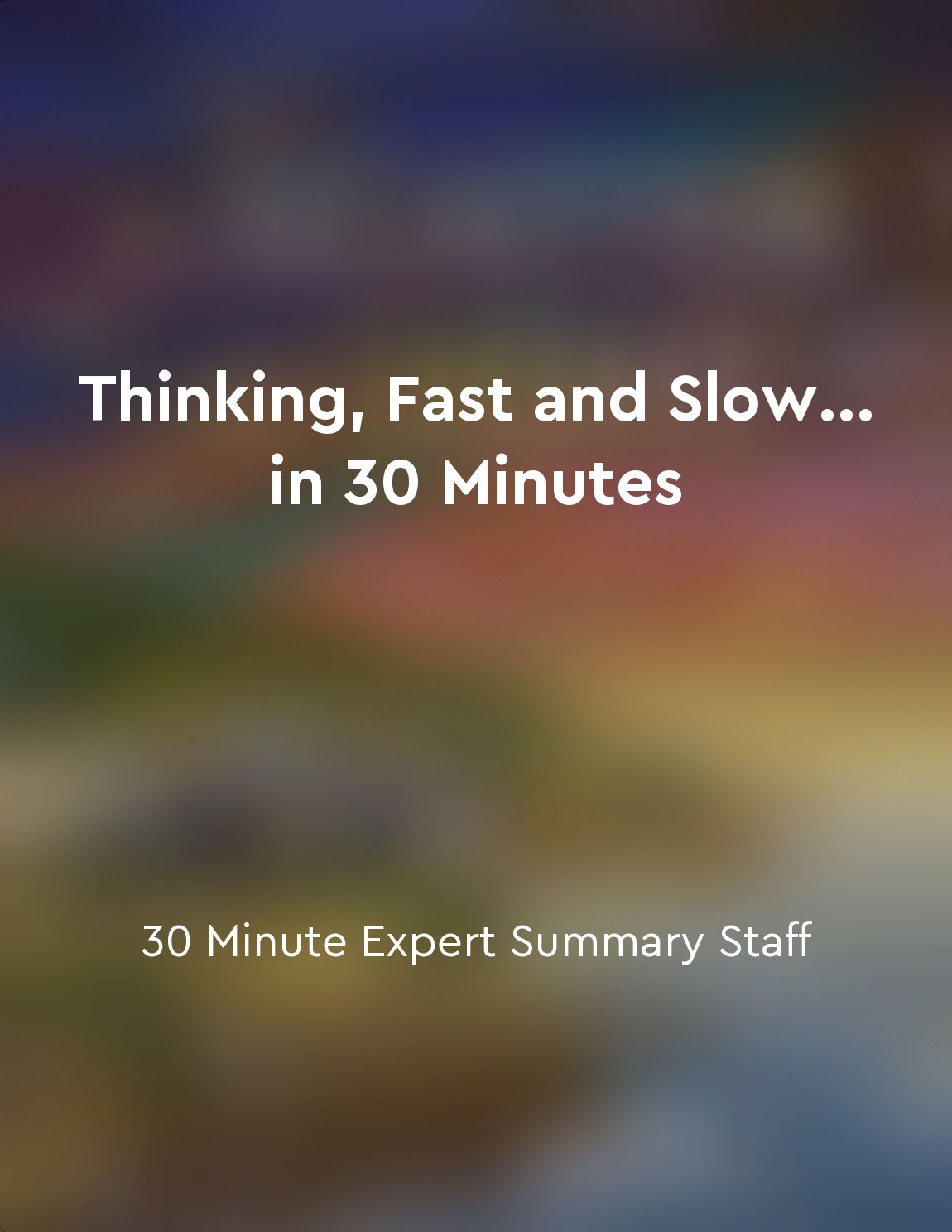Certainty is unreachable from "summary" of A Treatise of Human Nature: Texts by David Hume
The human understanding is limited in its capacity to attain absolute certainty. We are confined within the bounds of our own perceptions and experiences, which are inherently subjective and fallible. Even our most basic beliefs and principles are founded upon a fragile foundation of sensory impressions and mental associations. As such, our knowledge is always tentative and provisional, subject to revision and skepticism. We may strive for certainty by seeking out evidence and reasoning in support of our beliefs, but we can never eliminate all doubt or uncertainty. Our cognitive faculties are imperfect and prone to error, leading us astray with illusions and false conclusions. We may be confident in our judgments and convictions, but we must always acknowledge the possibility of er...Similar Posts

Sound arguments are both valid and true
The concept that sound arguments are both valid and true is essential in the realm of logical thinking. A valid argument is one...
Recognize the limitations of your own knowledge and expertise
Understanding the limitations of your own knowledge and expertise is a crucial aspect of clear thinking. It is important to ack...
Cultural differences should be respected
In matters of opinion, it is not enough to make use of simple, straightforward logic. One must also be willing to consider the ...
Individuals must take responsibility for their own beliefs
In a democratic society, individuals are called upon to think critically and evaluate their beliefs. They must not simply accep...
The loss of traditional structures can be disorienting
The loss of traditional structures can be disorienting. When individuals experience the breakdown of the familiar social framew...

Mental accounting shapes financial decisions
Mental accounting refers to the way people tend to categorize and compartmentalize their money in their minds. This can have a ...
The importance of skepticism
Skepticism plays a crucial role in the pursuit of knowledge and truth. It serves as a tool for challenging conventional beliefs...
Science can affirm the existence of a divine creator
The idea that science can affirm the existence of a divine creator may seem contradictory to some. After all, science is often ...
Understanding requires empathy
To truly understand someone, we must first be willing to put ourselves in their shoes. This requires empathy - the ability to f...
The search for evidence is at the heart of scientific inquiry
In his exploration of the nature of science, Sagan emphasizes the fundamental role of evidence in scientific inquiry. This emph...
